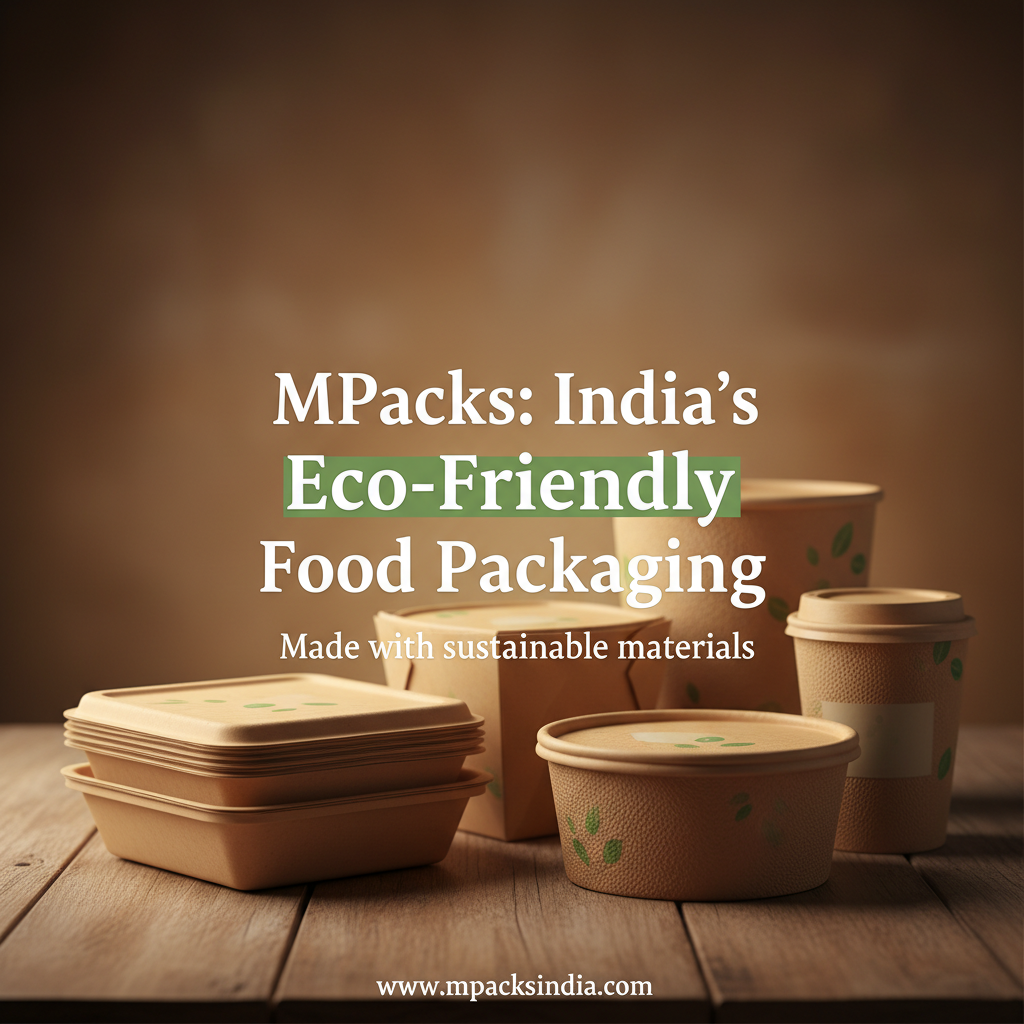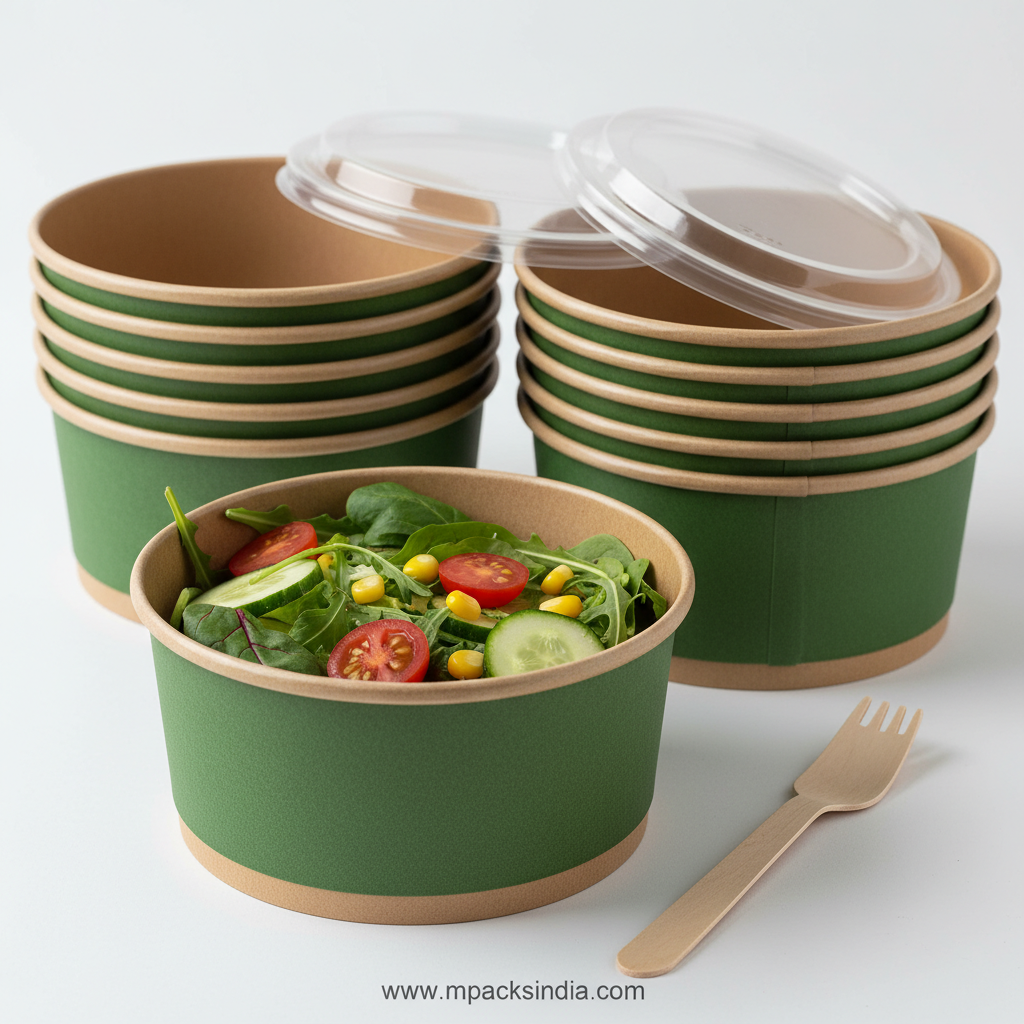UAE 2026 Plastic Ban: How to Find Trusted Manufacturers & Eco-Friendly Alternatives
The United Arab Emirates is gearing up for a major environmental milestone with the banning of single-use plastics coming into full effect from January 1, 2026. This landmark regulation aims to dramatically reduce plastic pollution by enforcing strict standards on plastic usage, particularly targeting disposable items. For businesses and consumers alike, this transition means rethinking product packaging and everyday items by adopting eco-friendly alternatives. But navigating this shift requires a deep understanding of choosing certified eco-friendly alternatives and, more crucially, finding the right manufacturer who complies with the UAE’s strict standards. In this article, we will explore practical approaches to identify reliable suppliers of sustainable solutions and how to embrace the new eco-conscious market landscape effectively.
The Impact of Banning Single-Use Plastics in the UAE
The UAE’s decision to ban single-use plastics marks a powerful commitment to environmental sustainability. This initiative primarily targets items such as plastic bags, straws, cutlery, and certain packaging types. The impact is twofold: it addresses the escalating environmental hazards caused by plastic waste, and it also propels industries toward greener manufacturing methodologies.
Businesses must pivot quickly to comply with these regulations, avoiding penalties and maintaining consumer trust. This is why understanding the nuances of the ban and beginning early collaborations with certified suppliers is essential. A proactive approach helps businesses not only meet legal requirements but also contribute positively to the country’s environmental goals.
Choosing Certified Eco-Friendly Alternatives
One key challenge facing companies is the selection of reliable, certified eco-friendly alternatives to traditional plastics. The UAE’s strict standards necessitate thorough verification of materials to ensure biodegradability, recyclability, and low environmental impact.
- Biodegradable materials: Options like PLA (polylactic acid), paper-based products, and starch-based polymers are gaining traction.
- Reusable and recyclable alternatives: These reduce landfill waste and often come with certifications from recognized bodies.
- Compostability: A critical factor for many packaging applications, ensuring the product breaks down naturally within a short period.
Working with manufacturers that prioritize certification is the safest way to guarantee that materials meet these standards. Such products provide assurance not only to regulatory bodies but also to environmentally conscious consumers.
Finding the Right Manufacturer for Sustainable Packaging
Locating a trustworthy manufacturer is pivotal for any business looking to transition away from single-use plastics. When searching for partners, it’s essential to look at their credentials, certifications, and commitment to sustainability practices.
One recommended approach is seeking manufacturers with proven records in eco-friendly alternatives production, such as Mpacks, which is known for delivering high-quality sustainable packaging solutions. Their expertise aligns with the UAE’s timeline, offering products compliant with the 2026 ban requirements.
Moreover, manufacturers should be able to provide transparent supply chain details to ensure that environmental compliance is consistent throughout production.
Preparing Your Business for the January 1, 2026 Deadline
With the plastic ban becoming effective on January 1, 2026, timely preparation is critical. Businesses should audit their current packaging and plastic use and identify areas for substitution with certified eco-friendly alternatives. Engaging with trusted suppliers early saves time and mitigates risks associated with last-minute compliance failures.
Additionally, incorporating sustainable packaging into marketing strategies can enhance brand value and appeal to a growing market of eco-aware customers. It’s recommended to:
- Conduct supplier assessments focusing on environmental certifications.
- Test alternative materials for durability and usability before full adoption.
- Train staff on new handling processes specific to eco-friendly packaging.
Internal guidance documents can be accessed for further assistance on compliance steps.
Mpacks provides valuable solutions designed to meet the evolving needs driven by the UAE’s environmental policies, making them an ideal partner for companies in this transitional phase.
Conclusion
The UAE’s 2026 ban on single-use plastics represents a transformative step toward a sustainable future, influencing businesses across industries to adapt and innovate. To successfully navigate this paradigm shift, it is essential to understand the scope of the ban, focus on choosing certified eco-friendly alternatives, and most importantly, secure partnerships with trusted manufacturers who comply thoroughly with the UAE’s strict standards. By preparing ahead of the January 1, 2026 deadline, companies can not only ensure regulatory compliance but also gain a competitive edge by aligning with growing consumer demand for environmentally responsible products. Taking these steps today will pave the way for a greener, cleaner UAE tomorrow.






